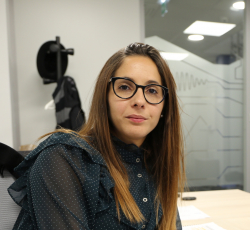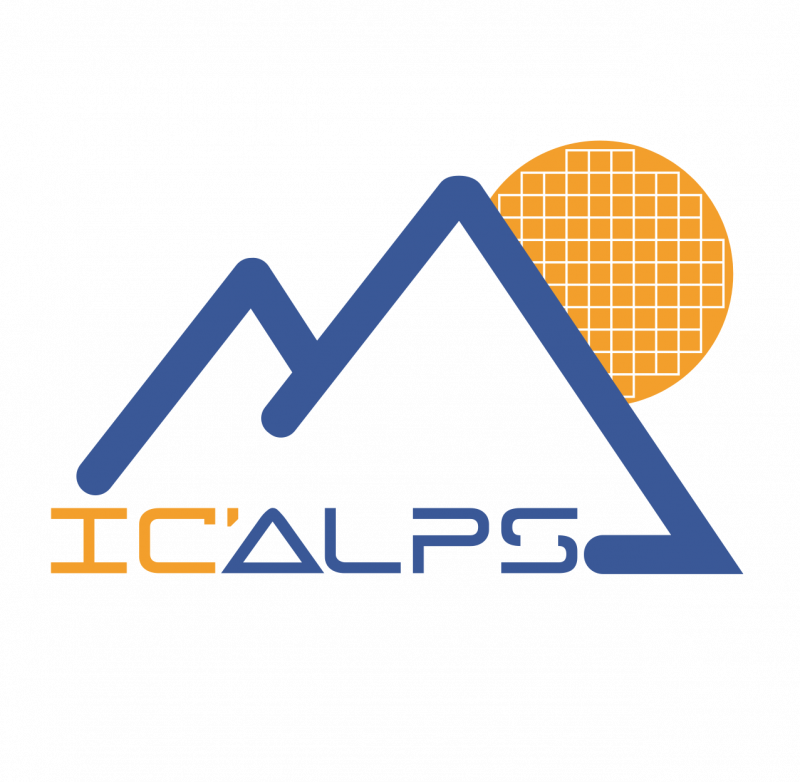Application-Specific Integrated Circuits Pave the Way to New Innovative Electro-Therapies for Cardiology and Neurology

Elsa Bernard-Moulin
Marketing Manager
IC'Alps

Abstract
Cardiology is the second-biggest medical device area by sales on account of rising prevalence of cardiovascular diseases (CVDs) – number one cause of death worldwide –, favorable reimbursement policies, growing geriatric population and increasing cost of CVD management. EvaluateMedTech estimates that the cardiology market could hit a valuation of nearly $75 billion worldwide by 2024, dominated by few medtech companies.When drug based therapies of cardiovascular diseases are not sufficient or do not have enough care efficiency, one growing curative approach of patients is to use dedicated Active Implantable Medical Devices (AIMD) leveraging Application-Specific Integrated Circuits – so called ASICs –. Trends to watch in ASIC-powered medical devices include energy harvesting and battery management for long-term care, less invasive technologies for patient comfort, machine learning for predictive analytics and personalized treatment, simultaneous and continuous monitoring of biosignals for simpler and accurate diagnostics, and cybersecurity for patient safety. As these novel approaches enter the market, we are seeing HealthTech startups tackling heart failure with innovative products such as leadless pacemakers, cardiac contractility modulation devices or cardiac micro-current devices.Microelectronics and Application-specific Integrated Circuits (ASIC) could not only broaden the competitive landscape in cardiology, they are also revolutionizing our medical approach to neurology: spinal cord, vagus nerve or peripheral nerves neurostimulation, brain fine monitoring and electrostimulation, etc.Relying on advanced design techniques developed through decades of experience in the downscaling of power consumption coupled to the highest integration level, IC’Alps proposes custom integrated circuits embedding nanopower electrogram (ECG/EGM/EEG…) with very limited Bill of Material (BoM), ultra-efficient Power Management Units (PMU), power optimized neurostimulation stages and many more blocks to build a customized electronics for AIMD manufacturers. Such disruptive IC design architectures have proven their effectiveness in improving quality of healthcare and patient’s lives in many applications.In the near future, implantable devices based therapies that have never been envisioned will be possible with our technology.
Biography
Elsa is Marketing Manager at IC'Alps since 2019.She is currently responsible for market analysis, global promotion of IC'Alps' design expertise, stimulation of the ecosystem, identification of new business & partnership opportunities and supports R&D topics.She started her career in the semiconductor industry in 2008 and covered different topics ranging from silicon IP blocks, semiconductor equipment and ASIC design & supply services.

